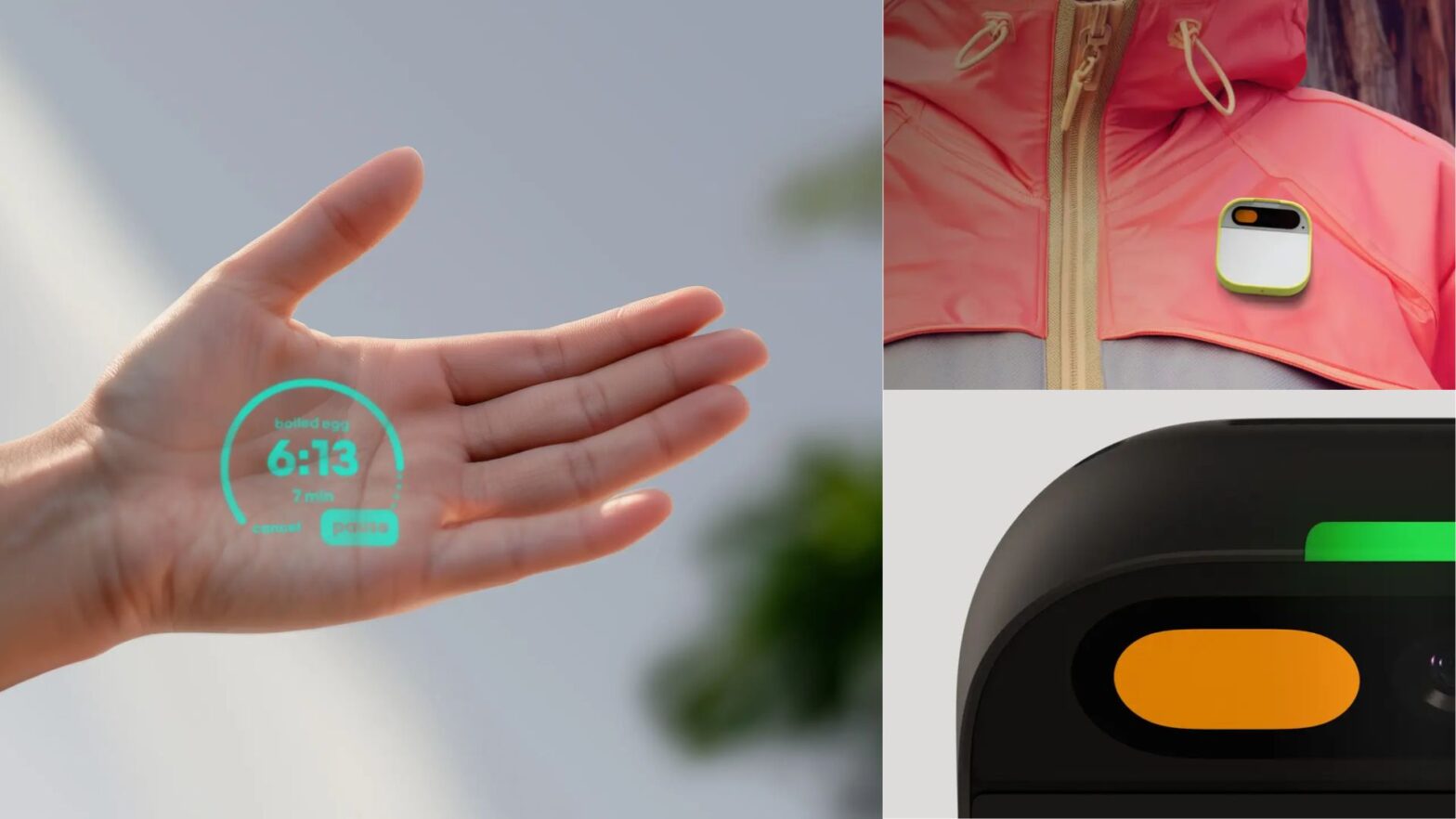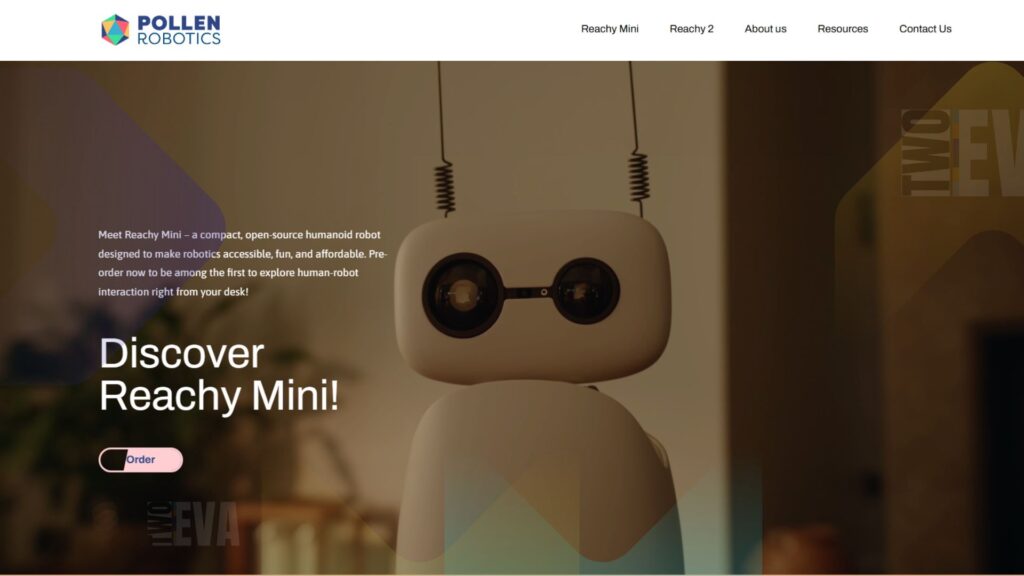In a devastating blow to the wearable technology industry, HP‘s recent acquisition of Humane’s assets for a mere $116 million marks the unceremonious end of the once-promising Ai Pin. This acquisition, a fraction of Humane’s previous $1 billion valuation, signals not only the failure of a highly anticipated product but also raises serious questions about the viability of standalone AI wearables in the current tech landscape.
The Ai Pin, brainchild of ex-Apple designers Imran Chaudhri and Bethany Bongiorno, was once hailed as a revolutionary device that would redefine our interaction with AI. However, the reality fell far short of these lofty expectations. Despite being named one of Time’s Best 200 Inventions of 2023, the Ai Pin’s release was plagued by a myriad of issues that quickly turned the dream into a nightmare for both the company and its users.
The Rise and Fall of Humane’s Ai Pin
Humane’s journey from a billion-dollar valuation to a fire sale is a cautionary tale of over-promise and under-delivery in the tech world. The company, which had raised over $230 million in funding, introduced the Ai Pin as a smartphone replacement, boasting features like AI-powered voice assistance, translation, and even a projection system for displaying information on the user’s hand.
However, the device faced significant technical issues upon release, including overheating problems that posed potential fire hazards and abysmal battery life. These issues led to mass product returns, with reports suggesting that returns outpaced sales at one point. The company’s desperate attempt to salvage the situation by dropping the price from $699 to $499 proved too little, too late.
The Harsh Reality for Ai Pin Users
For the unfortunate early adopters of the Ai Pin, HP’s acquisition spells disaster. Humane has announced an immediate discontinuation of Ai Pin sales and, more alarmingly, a complete shutdown of its servers by February 28, 2025. This means that in just a matter of days, all Ai Pins will become nothing more than expensive, non-functional accessories.
Users are being advised to sync their devices and download any important data before the impending shutdown. While those who purchased the device within the last 90 days are eligible for a refund, the majority of users will be left with a stark reminder of the risks associated with investing in unproven technology.
HP’s Acquisition: A Silver Lining or False Hope?
HP’s decision to acquire Humane’s assets, including over 300 patents and patent applications, along with key staff members, might seem like a lifeline for the technology. However, this move raises more concerns than it addresses about the future of wearable AI.
The creation of HP IQ, a new AI innovation lab, suggests that HP sees value in Humane’s technology, particularly its AI-powered platform Cosmos. Yet, the focus appears to be on integrating these capabilities into existing product lines rather than pursuing standalone AI wearables. This shift could indicate a lack of confidence in the market for devices like the Ai Pin.
The Bleak Future of Wearable AI
The failure of the Ai Pin and Humane’s subsequent acquisition by HP paints a grim picture for the future of wearable AI technology. It demonstrates the significant challenges in creating a viable, standalone AI device that can truly replace or complement smartphones.
The issues faced by the Ai Pin – poor battery life, overheating, and limited functionality – highlight the current limitations of miniaturizing AI technology into a wearable form factor. These challenges, coupled with the high price point of $699 at launch, made the Ai Pin a hard sell to consumers already satisfied with their smartphones.
Moreover, the rapid discontinuation of the product and server shutdown leaves early adopters in the lurch, potentially eroding consumer trust in future wearable AI products. This could have a chilling effect on innovation in the space, as both investors and consumers may become wary of similar ventures.
Lessons from a Tech Failure
The Humane Ai Pin saga serves as a stark reminder of the tech industry’s tendency to overhype and underdeliver. Despite the pedigree of its founders and substantial financial backing, Humane failed to translate its vision into a viable product.
This failure raises questions about the current state of AI technology and its readiness for consumer-grade wearable devices. It also highlights the importance of thorough testing and quality control before bringing such products to market.
As HP absorbs Humane’s technology and talent into its ecosystem, it remains to be seen whether any aspects of the Ai Pin will survive in future products. However, the unceremonious end of this once-promising device serves as a sobering reminder of the harsh realities of the tech industry, where even the most hyped innovations can falter when faced with real-world challenges.
In conclusion, HP’s acquisition of Humane’s assets for $116 million not only spells the end for the Ai Pin but also casts a long shadow over the future of standalone wearable AI devices. As the industry grapples with the fallout from this high-profile failure, it may be forced to reassess its approach to AI integration in consumer products, potentially leading to a more cautious and incremental approach in the years to come.

















